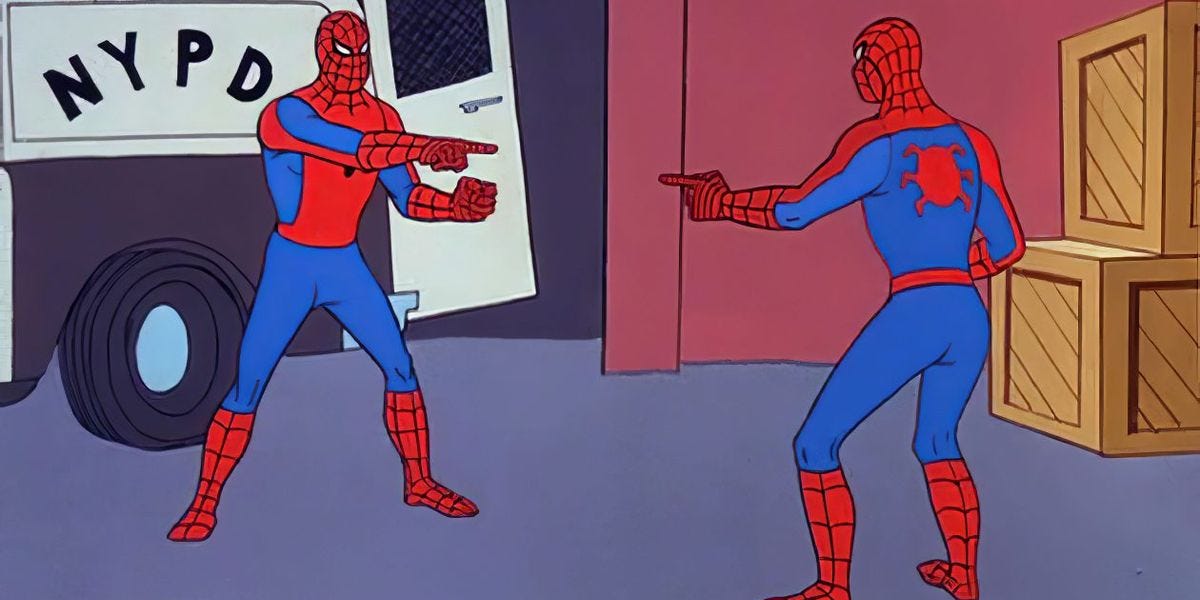I am aware that I shouldn’t judge how people try to escape the 9-to-5 grind. I am aware that a job’s purpose is money, not emotional enrichment. I know!
What I am instead arguing for is something more expansive. The thing you should work hard at is everything . Finding ways to imbue each moment with meaning and purpose and effort is the only path... See more



